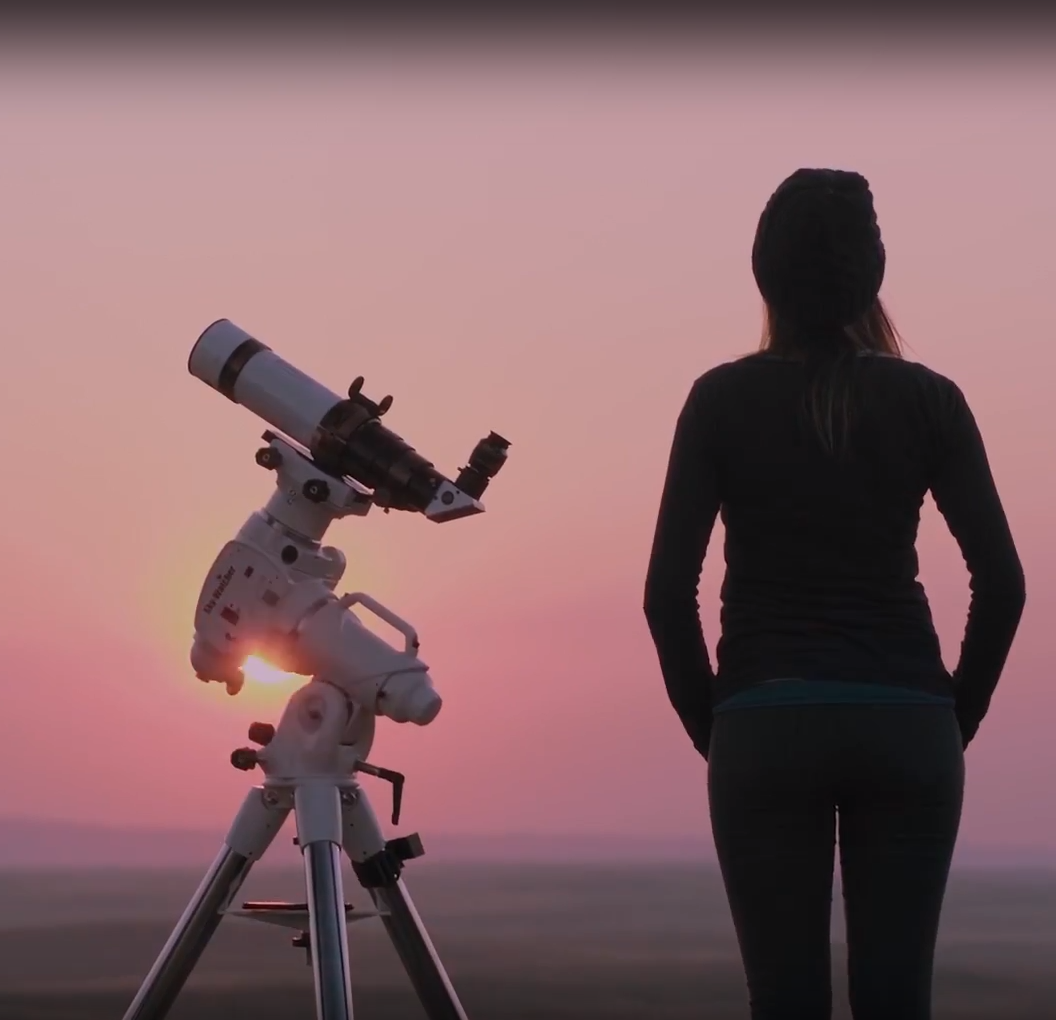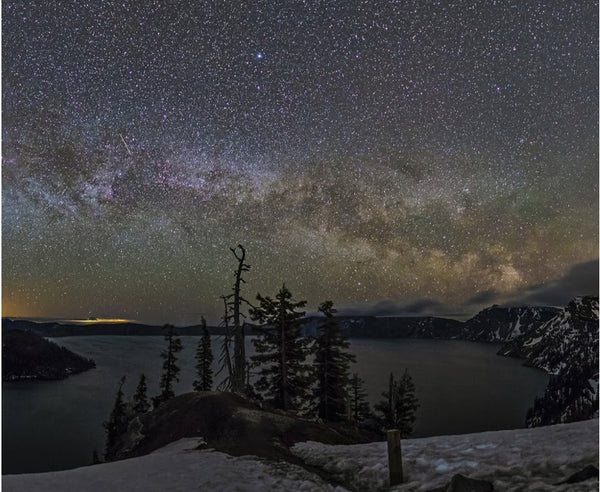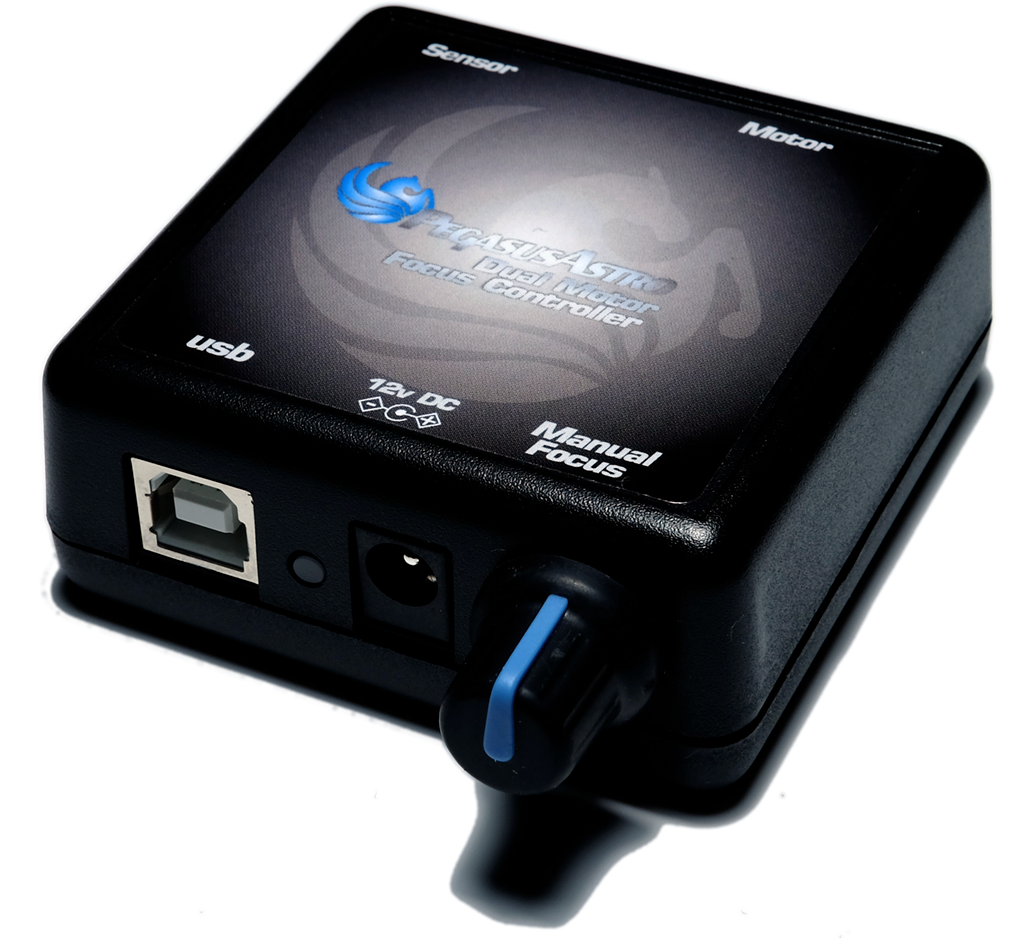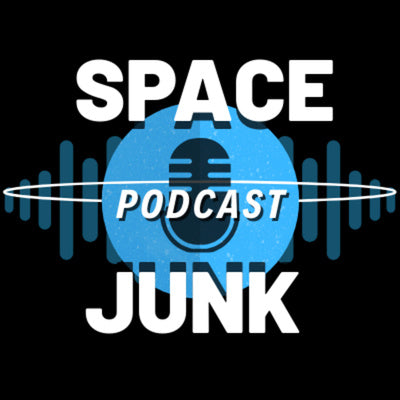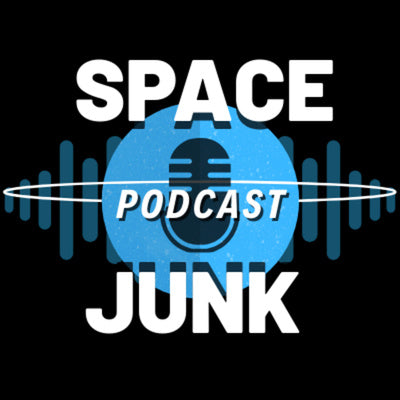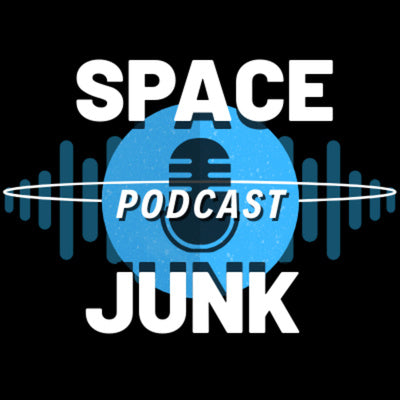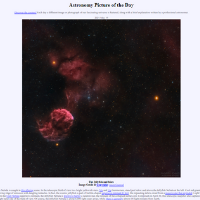Citizen Science with Pamela Gay
Purpose: Sometimes science needs your help, and Pamela Gay joins Dustin and Tony to let you know how you can participate through often crucial Citizen Science initiatives.
Pamela Gay: Astronomer, writer, and multi-podcast host, Pamela Gay has her Ph.D. in Astronomy and works every day engage the ordinary citizen with science. Known for her role in “Astronomy Cast” and “CosmoQuest,” Pamela has provided instrumental research for official NASA missions of the past.
This Episode You’ll Learn
- How you can participate in professional science
- An in-depth look at what professional astronomers are up to
- What hurdles the scientific community has had to overcome
- A roadmap for becoming an astronomer
Notable Quotes:
“Anyone can contribute to new discoveries with just a laptop and an internet connection.”
"So much of what we do in science just requires eyeballs.”
Main Topics:
3:37 -Why We Need the Help of Every Citizen
With how much data coming in every day from various observatories around the globe, there’s no possible way for the official, professional astronomers to handle it all themselves. We need the help of interested citizens to look at the data with us and bring it all together. Science is inherently a collaborative effort in nature and the goal of Citizen Science initiatives encapsulates this idea.
9:52 -The Search for Answers with CosmoQuest
CosmoQuest is a highly popularized Citizen Science initiative by Pamela and her associates. She discusses the primary goals of this program, what has been done so far, and what still needs to be done. Ordinary people can get involved in mapping out planets, identifying aspects of extraterrestrial landscapes, and more. The data that people work with on CosmoQuest come from a collaboration of various spacecraft and observatories, so anyone involved immediately becomes part of a global effort.
21:46 -Statistics, Bias, and Science
From the first images of Mars supposedly showing a face on the surface to common misconceptions today, we explore the turbulent reports over the years influenced by human bias. Pamela has conducted several multi-faceted experiments involving both amateurs and professionals and how they process and report data, coming to some curious conclusions about both parties.
32:39 -Congress and CosmoQuest
Through troubled times of governmental changes and shutdowns, CosmoQuest has been making the best of what they have and are reaching out to the community for support. This call for support has not gone unheard and Pamela is coordinating public events and fundraisers to keep the program alive. Even without the funding desired, neither Pamela nor CosmoQuest are going to give up on the ultimate goal.
44:15 -The Big Questions for Our Future
What is dark matter? Dark energy? How are planetary systems formed? How are planets like Jupiter possible? These are just a few of the questions still needing clarification from science. Pamela looks into the kaleidoscopic future of the science community and ruminates on what’s to come.
49:05 -Life, the Universe, and Everything - The Big Question
What’s out there in the universe? Are there more of us, or something close? Tony puts Pamela on the spot with the biggest question you could ask a hardline professional astronomer. Check it out.
53:30 -Advice for Upcoming Astronomers
It’s gonna be hard. More than you’d ever possibly imagined. But if you get excited about new discoveries and the advances of space science on a foundational level, you won’t find anything more rewarding. You’ll probably want to give up, and you could find another job that makes more money or is easier, but it won’t be the same feeling as being an astronomer. An astronomer needs the inherent drive to follow the cosmos in order to be successful.
Like what you listened to? Hate what you’ve heard? Let us know in the comments below!


